Netanyahu vows to build border fence with Jordan despite normalization
Israeli prime minister Benjamin Netanyahu has vowed to build a border fence with Jordan, the second Arab country with which it signed a so-called peace accord.
Netanyahu claimed that the move was aimed at preventing infiltrations from Jordan as Israel did on Egypt’s border.
“We erected a fence on our southern border (with Egypt) and prevented the infiltration from there into Israel,” Netanyahu said on the social media platform X, formerly known as Twitter, adding “We thereby stopped more than a million infiltrators from Africa, who would have destroyed our country.”
“Now we will erect a fence on our eastern border (with Jordan) and ensure that there will be no infiltration from there either,” he added.
Israel’s minister of military affairs Yoav Gallant said in July that the regime would build a new barrier along Jordan’s border to prevent alleged gun-smuggling attempts.
Jordan signed a so-called peace deal with Israel in 1994 to become the second Arab country to reach such an agreement with Tel Aviv after Egypt.
Israel FM in Bahrain for talks
On Sunday, Israel’s foreign minister Eli Cohen arrived in Bahrain, one of the countries that have recently normalized ties with Tel Aviv, at the head of a political and commercial delegation for talks with the kingdom’s senior officials.
During the two-day trip, Cohen was scheduled to meet his counterpart as well as Bahrain’s King in Manama.
The trip follows the controversy that Cohen sparked late last month after he announced a secret meeting between him and his Libyan counterpart Najla al-Mangoush.
His announcement sparked protests in Libya, which does not recognize Israel, and the sacking of al-Mangoush.
Israeli and American officials were quoted by media as saying that the announcement has hampered US efforts to broker normalization between Libya and Israel.
Israeli press commentators believe that the announcement has also compromised the US push for a normalization deal between Israel and Saudi Arabia.
Netanyahu on Sunday criticized the publication of the secret meeting, and indirectly blamed Cohen for the leak that caused outrage in Libya.
“There have been, just, innumerable confidential contacts made between Israel and Arab leaders, Muslim leaders… But we were very careful not to reveal this ahead of time,” Netanyahu claimed.
In late 2020, the United Arab Emirates, Bahrain, Sudan, and Morocco signed normalization deals, brokered by the administration of the then-US president Donald Trump, with the Israeli regime. The deals were condemned by Palestinians as a “betrayal” to their cause.
The vast majority of people in Arab countries also oppose normalization and support the Palestinian cause.
New Caledonia unrest: Death toll rises to six as France deploys more troops
Fighting rages in Rafah amid intensified Israeli bombardments
VIDEO | Clashes in Paris as firefighters unions protest working conditions
US lawmakers pass bill to overturn halt to arms transfer to Israel
More than half of US states join campus movement
Over 600 mosques destroyed in Israeli strikes on Gaza since Oct.
At least 50 people killed in flash floods in Afghanistan
Zelensky: West ‘afraid’ of both Russian and Ukrainian defeat


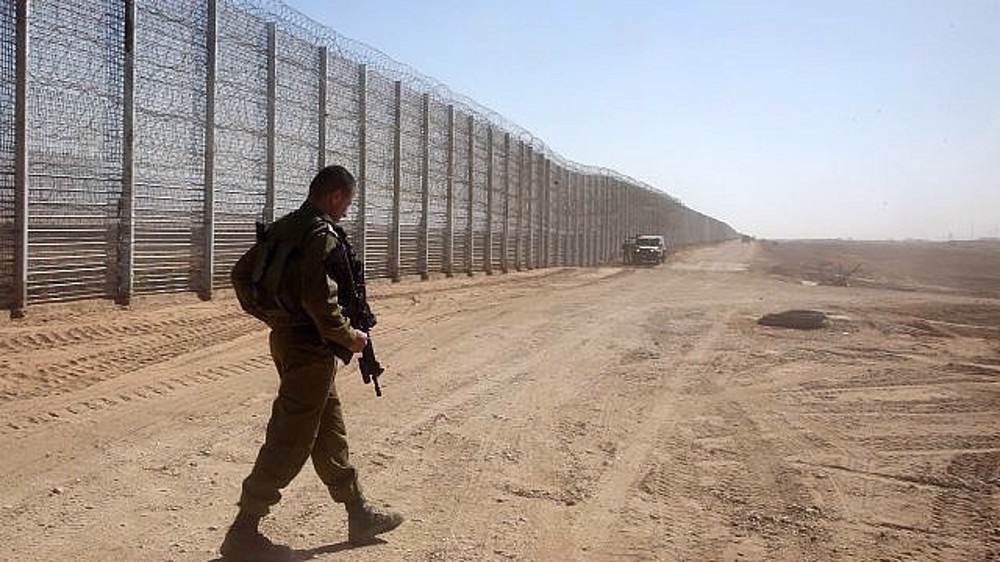
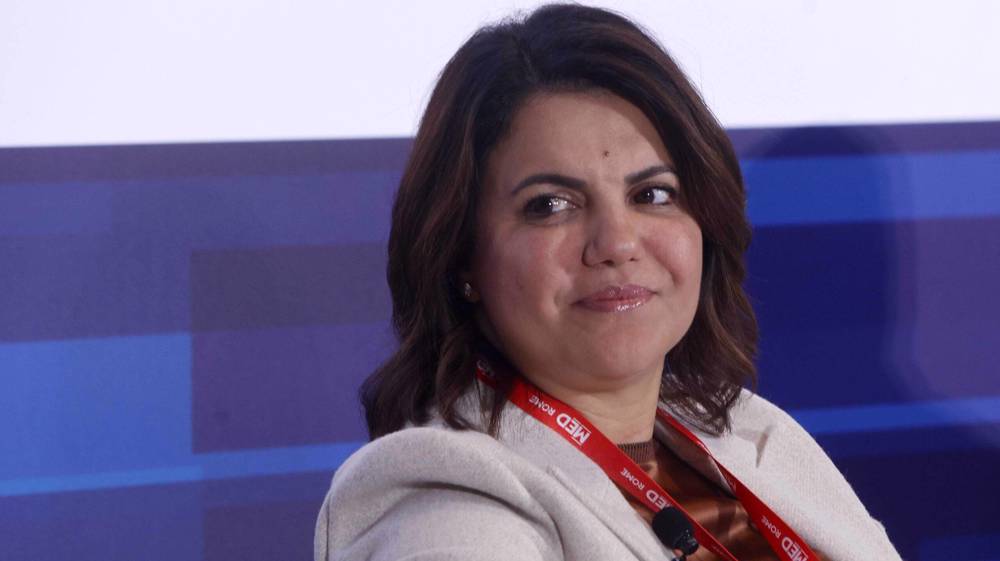
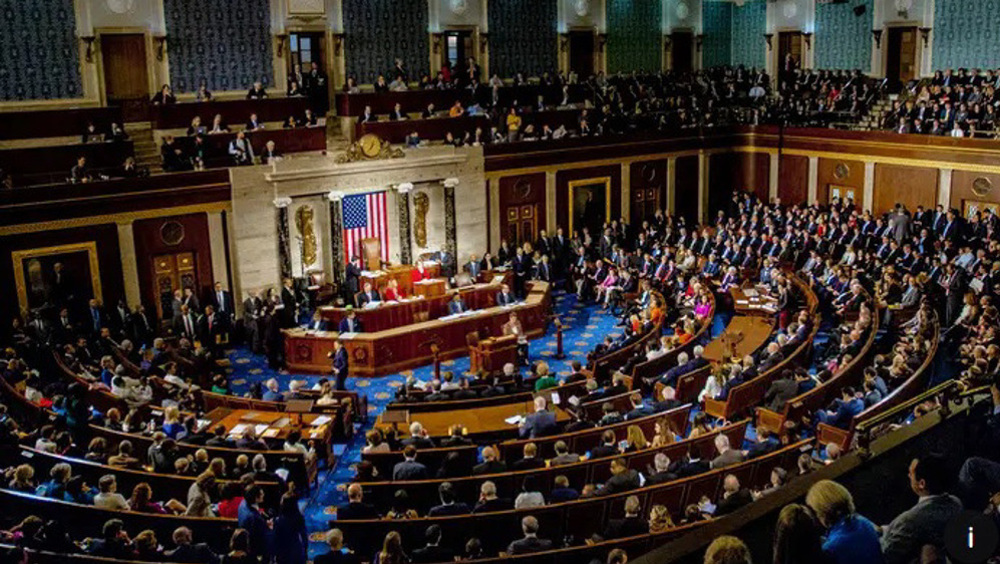
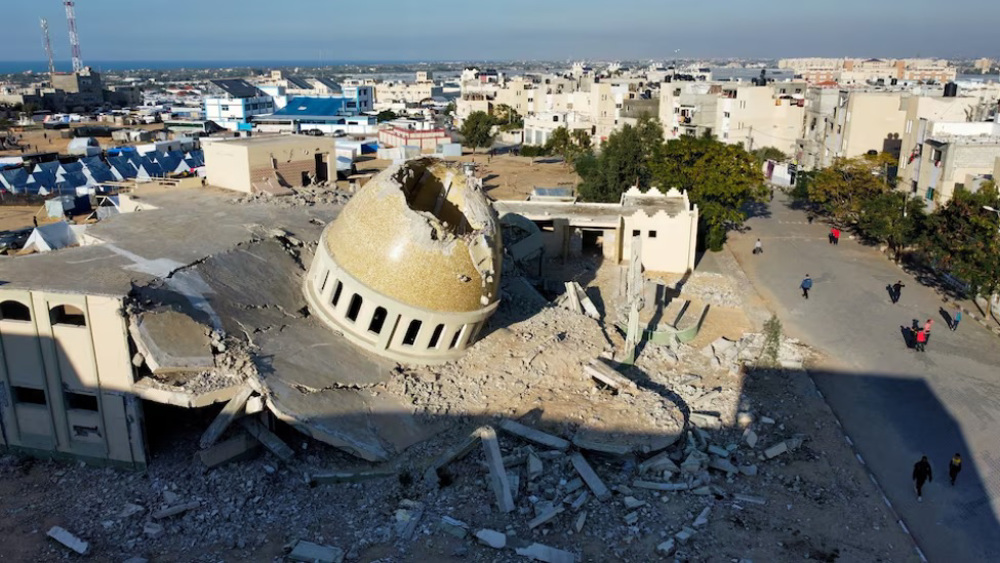




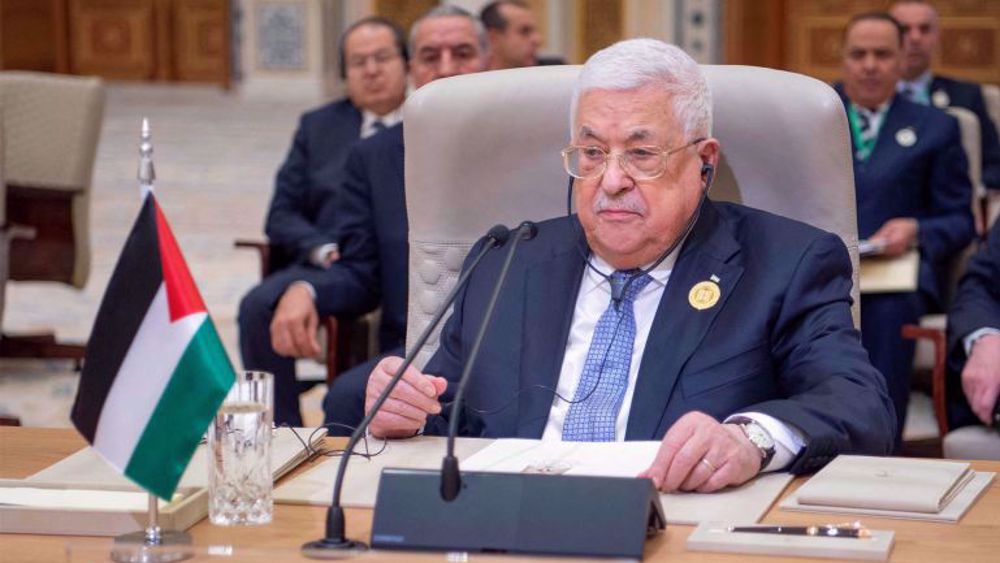
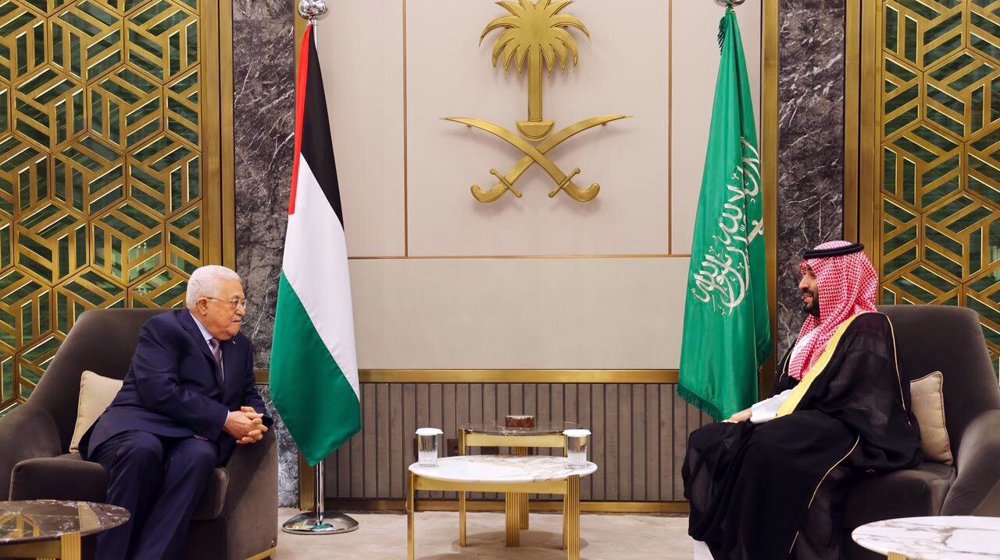
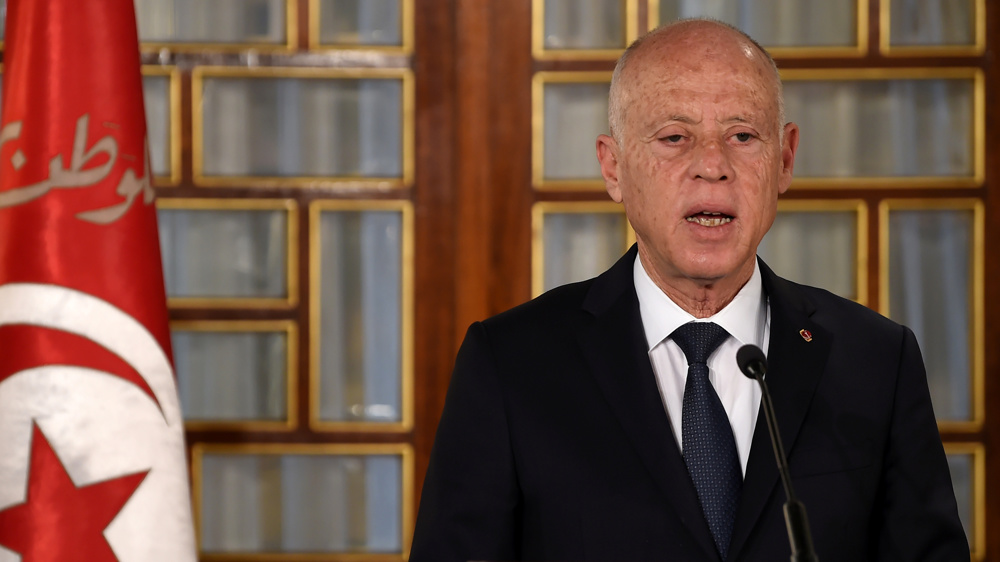

 This makes it easy to access the Press TV website
This makes it easy to access the Press TV website